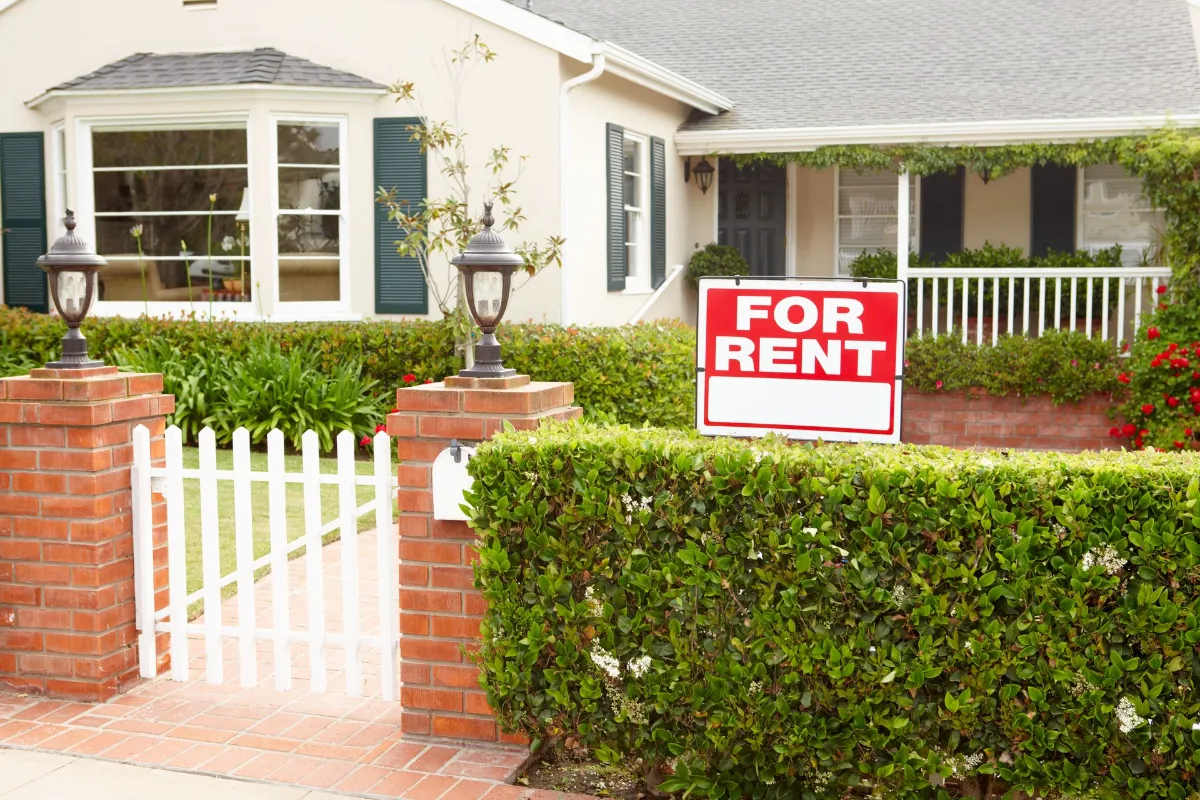The main residence exemption can reduce or eliminate CGT, but only if the property meets strict criteria around usage and occupancy.
4 July, 2025
Can you move into your rental property to avoid capital gains tax?
First Financial Team

The tax office sees your home differently depending on how you use it. Many Australians with a rental property (or properties) consider moving in and making it home to minimise capital gains tax (CGT) upon sale. This strategy utilises the main residence exemption and the six-year rule, which can offer significant benefits, however, you must meet some specific conditions.
At First Financial, we partner with clients to provide tailored retirement planning and wealth accumulation solutions. We help you understand how tools like the main residence exemption can be used strategically to support smarter decisions and get you where you want to go.
"The tax office sees your home differently depending on how you use it."
Understanding the Main Residence Exemption
Capital gains tax, or CGT, is the tax you pay on the profit from selling an asset like an investment property. It kicks in when you sell the property for more than you paid, and that gain gets added to your taxable income. For property investors, this can mean a sizeable tax bill depending on how long you’ve owned the asset and how much it’s appreciated.
The main residence exemption is one way you may be able to minimise or even eliminate CGT. If a property is your family home, and not rented out or used to earn income, the profit you make when selling it may be fully exempt. There are specific conditions for meeting the requirements, and things can get complicated when a property has been both a home and an investment property at different times.
In those cases, a partial exemption might apply. Rather than wiping out the tax entirely, the ATO will usually calculate the exempt portion based on how long the property was your home versus how long it was rented. You’ll still need to meet the eligibility rules, but it can make a meaningful difference to your final tax outcome.
If you want to claim a property as your main residence, you need to be able to prove you lived there. That means holding on to everyday records like power bills, voter registration or even regular mail sent to the address. It doesn’t need to be formal, but it does need to be consistent.
About the Six-Year Rule
The six-year rule lets you keep treating a property as your main residence for tax purposes, even after you’ve moved out and started renting it. To use it, the property must have been your home before it became an investment. If that’s the case, you can rent it out for up to six years without losing the main residence exemption.
You can only treat one property as your main residence at a time. If you move out and want to use the six-year rule on your old home, you can’t also claim your new place for the same period. Choosing one means giving up the exemption on the other.
If you move back in and make the property your home again, the six-year rule can start over. Later, if you rent it out a second time, a new six-year period may apply. This can be repeated, but only if you actually live in the home each time before renting it out again.
"You can only treat one property as your main residence at a time."

The tax implications of converting a rental property to a main residence
When a rental property becomes your main residence, the tax treatment changes. You can no longer claim deductions for the costs you used to offset as a landlord. That includes interest on the mortgage, repairs and maintenance, council rates, and depreciation on eligible items. These claims are only available while the property is producing income. From the moment you stop renting it out and move in, those deductions stop. If you later rent it out again, you may be able to start claiming them once more, but only for the new rental period.
Working out CGT isn’t always simple. It’s not just about counting the years the property was rented. What you did with the property during that time also matters. If you claimed tax deductions or made significant changes to the home, those factors can impact the final outcome.
It’s a good idea to get a market valuation at the time you move into your property. This sets a clear line between the investment period and the time it was your main residence. If you ever sell the property, that valuation helps work out how much of the gain is taxable. Without it, you may end up using the original purchase price instead, which could increase the amount of CGT you need to pay.
Strategic considerations for those with investment properties
Moving into a rental isn’t something to leave until the last minute. If you want to claim any exemptions, the property needs to be your actual home for a while. A short stay before selling might not change the tax result by much, so it’s worth thinking and planning ahead before you make any big decisions. It’s also advisable to consult your financial adviser.
In some situations, moving into the rental may not make financial sense. Selling it and buying a different home could leave you better off, depending on the market and your personal plans. It helps to weigh up the likely tax outcome alongside the cost of holding or changing properties.
Tax rules around property can be complex, especially when a home has shifted between personal and investment use. Getting advice from a qualified accountant or financial adviser can make it easier to understand your position and avoid costly mistakes. They can also help you plan ahead so any decisions you make fit with your broader financial goals.
"A short stay before selling might not change the tax result by much, so it’s worth thinking and planning ahead before you make any big decisions."
Talk to the financial planning professionals
Converting a property from a rental to a main residence can definitely offer investors a viable strategy for reducing capital gains tax liabilities. But the outcome depends on following the ATO rules properly and thinking through the timing. What works for one person might not work for another.
At First Financial, we help you explore your investment options and strategies with a focus on reducing tax and building long-term wealth. To learn more about our personalised services, contact our friendly team today.
Read more financial planning articles.
Key Takeaways


The six-year rule allows a former home to keep its main residence status for tax purposes while rented, but it must have genuinely been your home first.

Changing a rental into a home affects both your CGT calculation and your ability to claim deductions, so timing and documentation are critical.

Whether you move in or sell, it’s essential to plan around the tax impact and seek professional advice to make sure the strategy works for you.
YOUR FINANCIAL JOURNEY
Building your financial future
Every client journey begins with a conversation. We look closely at where you are now, what matters to you, and what’s possible. Then we structure our advice to match.
Financial
Roadmap
A clear, personalised path to your financial goals.
Tax
Efficiency
Proactive strategies to maximise your tax savings.
Personalised
Investing
Tailored plans aligned with your goals and risk profile.
Ongoing
Support
Regular guidance to keep your plan on track.
Meet our advisers







Frequently Asked Questions
What is the main residence exemption, and how does it apply to CGT?
It’s a rule that can reduce or eliminate capital gains tax when you sell a property that has been your primary home. If the property was rented at any stage, only a partial exemption may apply.
Can I claim the exemption if I move into my rental property before selling?
Yes, but only if you meet the conditions. The property needs to become your genuine home and be treated as your main residence for a period of time.
How does the six-year rule work?
If a property was your home before it became a rental, you can treat it as your main residence for tax purposes for up to six years while it’s rented out.
What happens to my tax deductions when I move into my rental property?
You lose the ability to claim rental-related deductions such as interest, maintenance and depreciation from the day you stop renting it out.
Do I need a valuation when I move in?
Yes. A market valuation helps draw a line between the rental period and when it became your main residence. This is important for working out how much CGT applies later.






